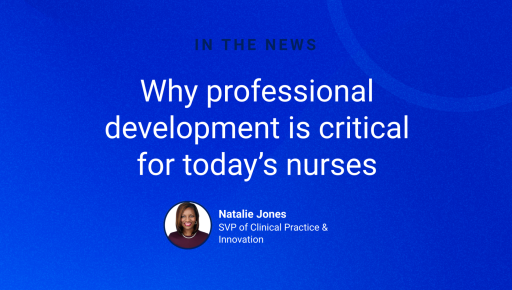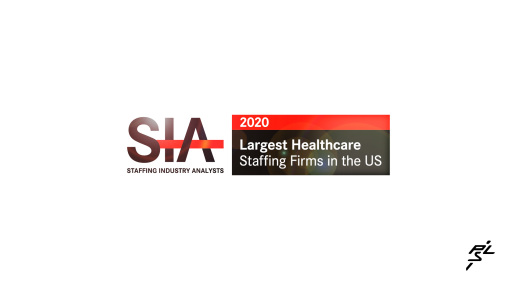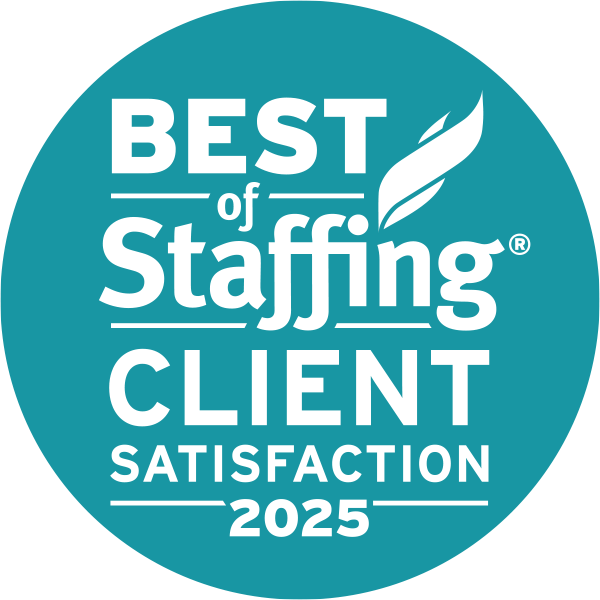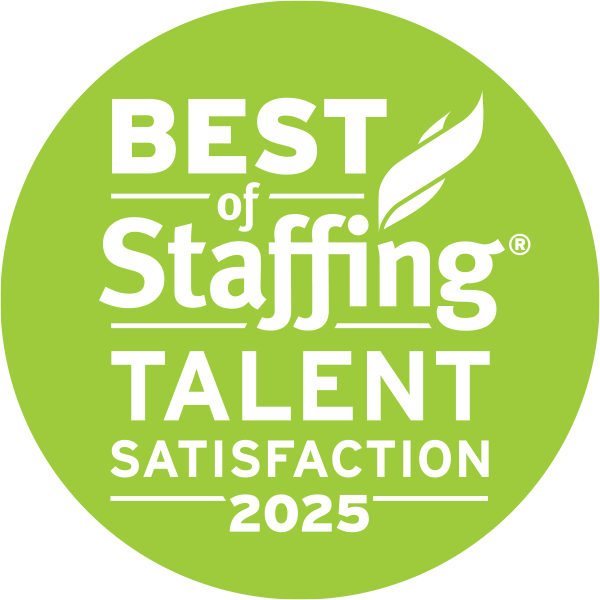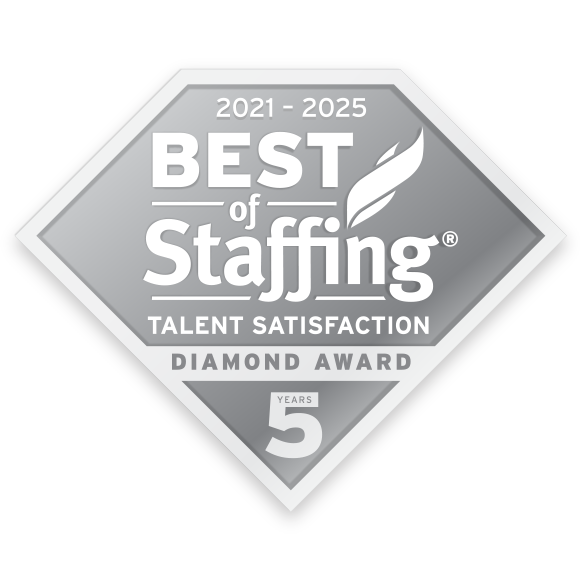When people think about entering the healthcare profession, they tend to assume that it requires spending many years getting medical and science degrees. What you may not realize, however, is that healthcare is a vast field that requires professionals in many areas, including those in administrative roles.
If you’d like to work in the healthcare field without a medical degree, consider a few of the following in-demand positions.
Accounts Receivable and Payable Specialists
These positions involve bookkeeping skills to help produce accurate records for organizations. Their duties can include processing invoices, reconciling discrepancies, maintaining accurate records, and preparing payments. The position can also require a high level of customer service for both external and internal customers.
Accounts receivable and payable specialists typically need to have at least an associate’s degree. Certifications can also be helpful, as is achieving a Certified Bookkeeper (CB) designation, which the American Institute of Professional Bookkeepers offers. The median pay for this role is $47,440 per year.
Medical Billing Specialists
A medical billing specialist’s primary purpose is to work on billing insurance companies and processing payments for clients. They’re in charge of calculating and collecting fees for tests, procedures, and even surgeries. Responsibilities include monitoring accounts, preparing payment arrangements, and pursuing delinquent accounts.
For this position, a candidate has to have experience working with electronic medical records, billing software, and medical codes. You need to have participated in a medical billing program. The median pay for medical billing specialists is $45,750.

Controllers
A medical controller manages accounting records and is in charge of producing financial reports. They also formulate company budgets, ensuring that expenses are in line with projected revenue. Although controllers delegate many tasks to employees like accounts payable specialists, they’re ultimately responsible for keeping things in order.
There’s no official educational requirement for becoming a controller, but many companies prefer at least a bachelor’s degree. It’s also helpful to be a Certified Public Accountant. The median annual salary for this position, which the U.S. Bureau of Labor Statistics includes under financial managers, is $156,100.
Medical Records Specialists
Medical record specialists compile and maintain patient records. They may also need to enter medical information into the system using numerical coding. One crucial part of a medical records specialist’s position is maintaining confidentiality. To do this, they must follow legal and ethical rules.
Employers usually prefer associate’s or bachelor’s degrees, but sometimes only certifications are required. Certifications that can make a difference in this field include Certified Professional Coder, Certified Coding Associate, and Registered Health Information Technician. The annual median pay is $48,780.
Credentialing Coordinators
Credentialing coordinators ensure that the employees at a medical facility all have the right licenses, certifications, and credentials. They must also maintain accurate privileging files and ensure that all approvals are in place before granting clinical privileges.
To become a credentialing coordinator, you need to have a bachelor’s degree in healthcare administration or business and at least two years of experience working in a healthcare facility. The U.S. Bureau of Labor Statistics considers credentialing coordinators to be medical records specialists, with an annual median pay of $48,780.
Medical Coders
Medical coders are in charge of assigning diagnostic and procedure codes for patient care, billing purposes, and more. They also function as the liaison between billing offices and healthcare providers. Medical coders must follow legal and ethical confidentiality requirements to maintain patient privacy.
For most medical coders, a high school diploma or equivalent and experience is enough, though some institutions may require further education. Certifications can also be a bonus. Medical coders are considered to be medical record specialists, and they make an annual median pay of $48,780.

Medical Receptionists
Medical receptionists perform a variety of tasks, including answering phones, providing general information about the organization, and greeting visitors. They’re in charge of scheduling and confirming appointments as well as dealing with incoming and outgoing correspondence. They’re often the first point of contact for patients and visitors.
Medical receptionists need to have a high school diploma or equivalent in addition to excellent communication skills. Some employers could also require experience working with certain software. The median annual salary is $35,840.
Choosing a rewarding career
You don’t need a medical or even a science degree to work in the healthcare field. Choosing one of these careers can be rewarding, and they’re in high demand. As such, you know you’re embarking on a journey that offers job security.
At Prolink, we can help you select the right career in the healthcare field. With a team of experts ready to guide you, you can take the next step toward a healthcare job you love. Get started today by contacting us or search jobs by clicking below.
